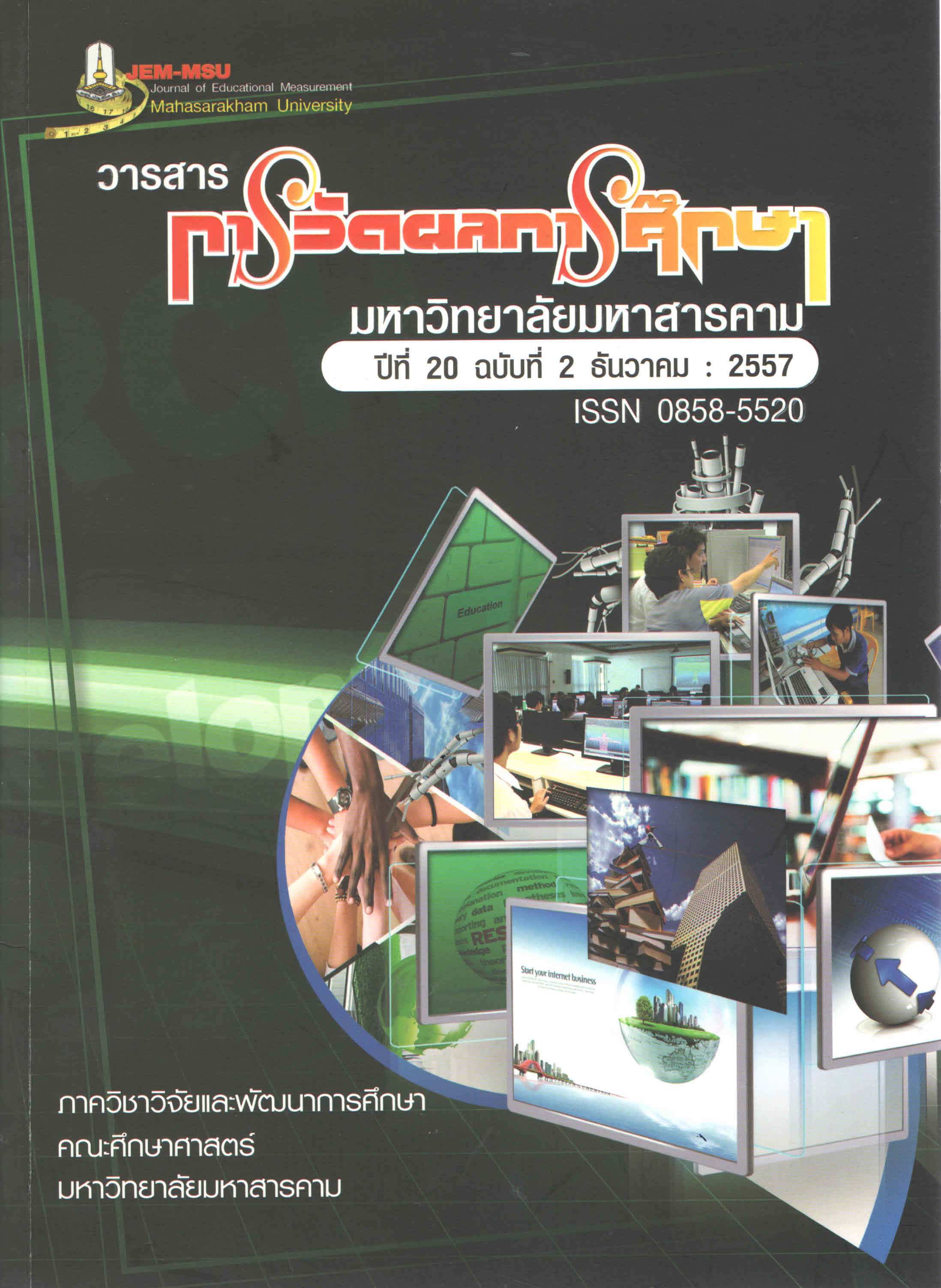Development of the Learning Result of Innovation, Technology and Information in Education using CIPPA, for the 3rd year Students of the Bachelor of Education Program, Nakhon Phanom University
Main Article Content
Abstract
This research aims 1) to develop the learning management for the
Innovation, Technology and Information in Education of the 3rd year students of
the Bachelor of Education Program by using CIPPA effectively according to the
criteria 75/75; 2) to study the effectiveness index of the learning management for
the Innovation, Technology and Information in Education of the 3rd year students
of the Bachelor of Education Program by using CIPPA; 3) to compare the learning
achievement of the 3rd year students before and after learning, and 4) to study the
learning satisfaction of the 3rd year students. The samples are 33 third-year
students enrolling in the Bachelor’s degree in Education Program in Early
Childhood Education, Faculty of Liberal Arts and Science, Nakhon Phanom
University, in the 2nd semester of academic year 2012. The samples are selected
by cluster sampling. The research tools include 9 programs of learning activity by
CIPPA for the Innovation, Educational Information Technology; Four-choice
objective test on learning achievement (40 questions). The item discrimination
range from 0.21 – 0.84 and the coefficient of reliability is 0.87. The 20-question
survey on student learning satisfaction has item discrimination from 0.30 – 0.67
and the coefficient of reliability is 0.93. The statistics used in the data analysis are
percentage, mean, standard deviation and the dependent t-test is used to test the
hypothesis. 1)The learning management for the Innovation, Technology and
Information in Education has an effectiveness of 89.70/83.67. 2) The effectiveness
index of the learning management for the Innovation, Technology and Information
in Education is 0.7391, which indicates that the test scores of students after
learning are higher than before learning by 73.91%. 3) The 3rd year students have
the learning achievement scores after learning higher than before learning, which is
statistically significant at .05 level. 4) The 3rd year students have the highest level
X � = 4.54 of learning satisfaction.
Article Details
The content and information contained in the published article in the Journal of Educational Measurement Mahasarakham University represent the opinions and responsibilities of the authors directly. The editorial board of the journal is not necessarily in agreement with or responsible for any of the content.
The articles, data, content, images, etc. that have been published in the Journal of Educational Measurement Mahasarakham University are copyrighted by the journal. If any individual or organization wishes to reproduce or perform any actions involving the entirety or any part of the content, they must obtain written permission from the Journal of Educational Measurement Mahasarakham University.


